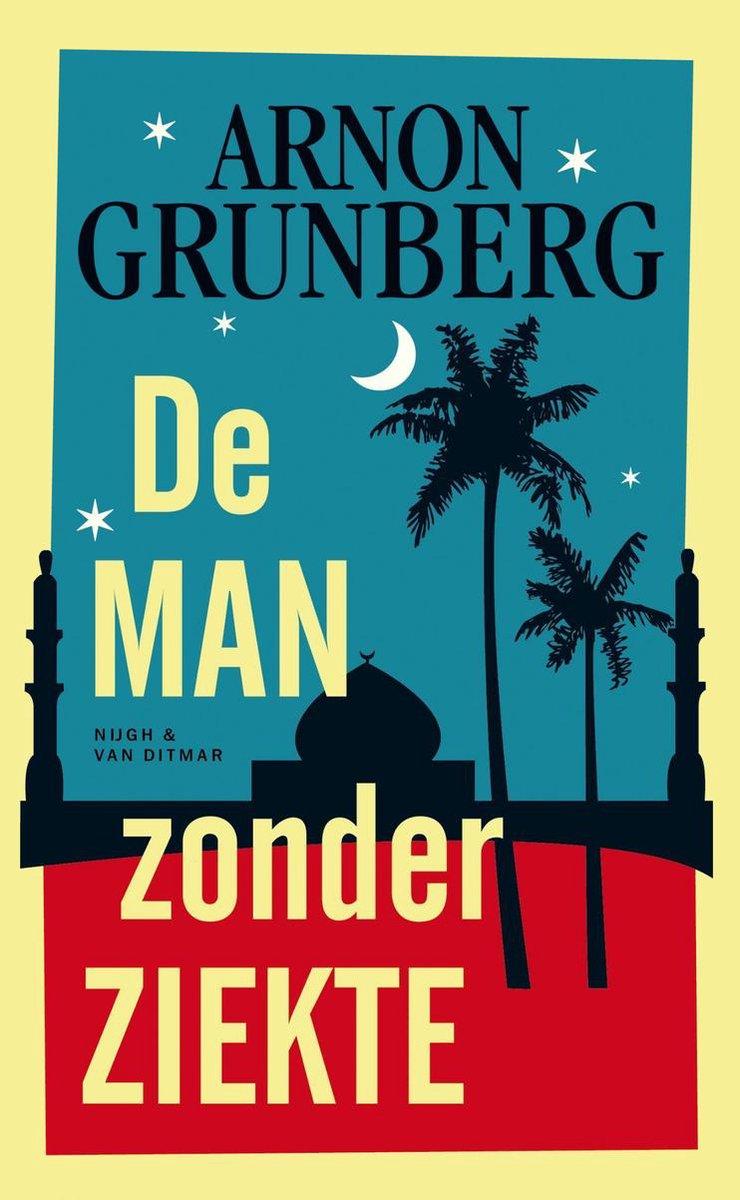The Man without Illness
An architect, as idealistic as he is naive, is the central character of the eleventh novel by Arnon Grunberg, the most talented young writer of the Netherlands. In The Man without Illness an arrogant Westerner is destroyed amid the harshness and random cruelties of a chaotic Middle East.

‘What was he expecting? That the world would be one big Switzerland?’ Samarendra Ambani is Swiss, the son of immigrants, and a prominent architect who sees himself as ‘the great anonymous manipulator of other people’s happiness’. His perfect little life – good job, nice girlfriend, hygienic sex – is thrown into irreparable turmoil when he is commissioned by a shadowy financier to design an opera house for Baghdad.
A journey to the Iraqi capital leads from deception to torture and mortal danger. Sam returns to his girlfriend in Zurich physically and mentally shattered.
‘I was asking for it,’ Sam tells her. ‘I went there, I was careless, I made mistakes […].
I ought to have thought a couple of steps ahead.’ But he has not learned from the experience. A few months later he accepts a commission to build the National Library of Dubai. On a business trip to the Gulf state, Sam discovers that history can repeat itself remorselessly and that a European passport is no guarantee of a safe return. ‘He was naive, and naivety is worse than stupidity, worse even than wickedness.’
The Man Without Illness is an analysis, both tragic and funny, of the times we live in, plot-driven but with philosophical asides – about justice, about humiliation, about a false sense of security and the excesses of modern architecture. Like a contemporary Kafka, Grunberg takes his hero through a world he cannot comprehend, a world in which he is no better off than the cockroaches in his hotel room.
An exemplary novel of almost aphoristic clarity, which pitilessly exposes humanistic clichés.
Trouw
Fast, compact, witty and terrifically exciting. […] Here is a writer at work who is firmly in control throughout.
NRC Handelsblad
.jpg&w=640&q=75)